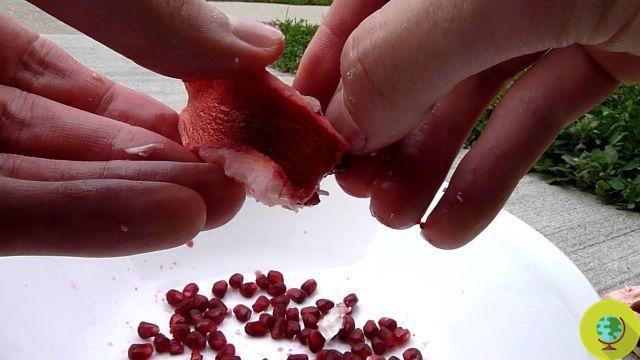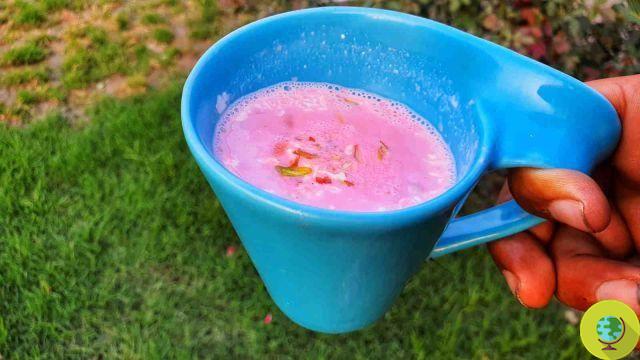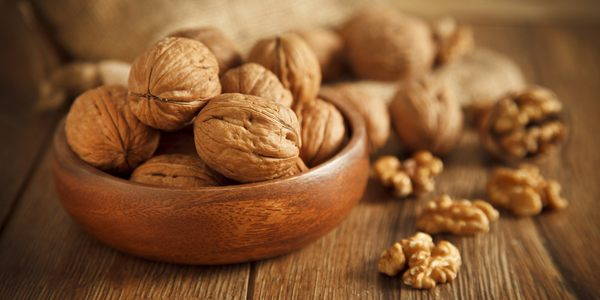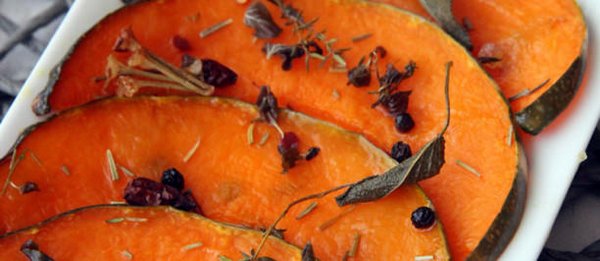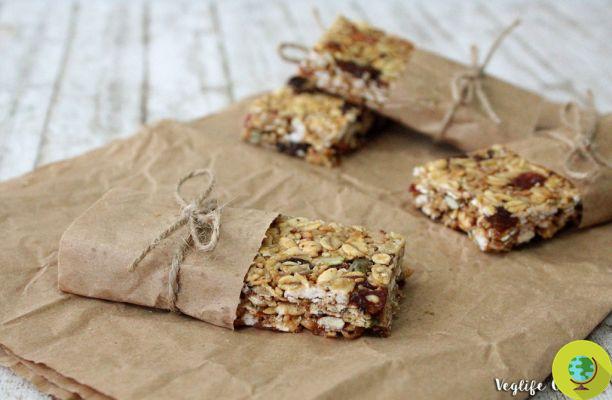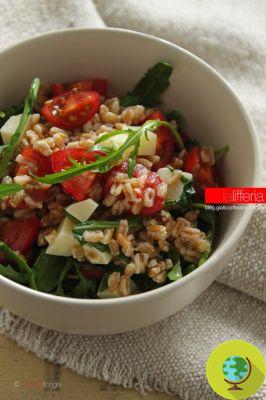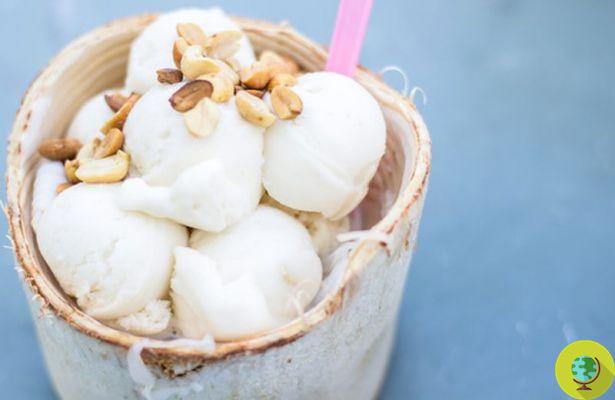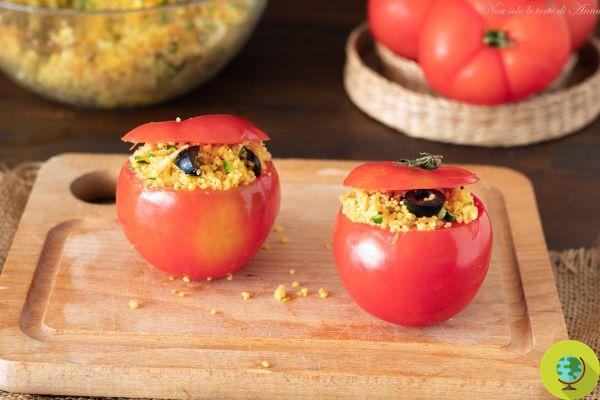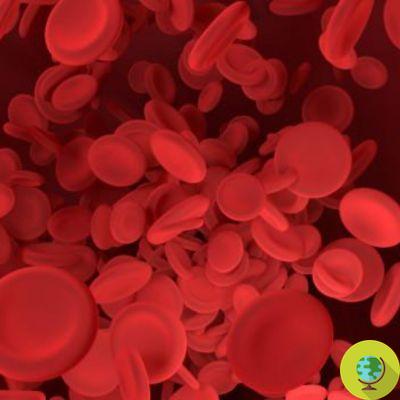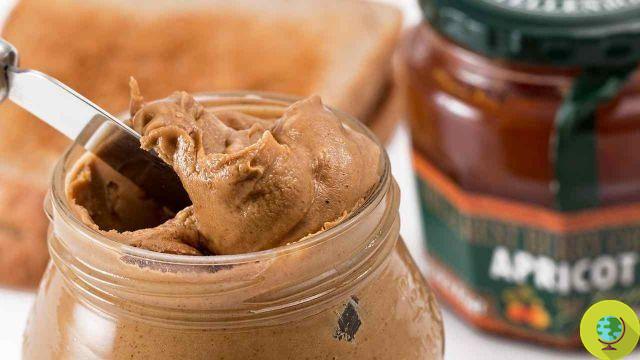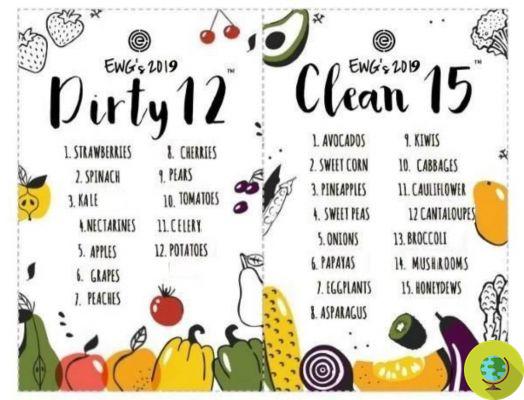Apricots are among the most loved fruits of the summer and in this season they are useful for protecting our skin that is exposed to the sun longer than at other times of the year. The consumption of apricots is recommended above all for their fiber and beta-carotene content.
Don't store avocado like this: it's dangerous
Apricots are among the most loved fruits of the summer and in this season they are useful for protecting our skin that is exposed to the sun longer than at other times of the year. The consumption of apricots is recommended above all for their fiber and fiber content beta-carotene.
La pulp of apricots it is soft and their skin is velvety and thin. We advise you to have organic or untreated fruits at your disposal to be able to taste the apricots directly with the peel. You can enjoy apricots as they are or add them to your fruit salads, use them as ingredients for smoothies, homemade juices and ice creams or to prepare jams.
Let's find out what they are the main properties and health benefits of these very precious fruits.
Index
Apricots, properties and benefits
Apricots are a fruit rich in vitamins, mineral salts and fibers. They are invaluable for the skin and eyes, as they are a not to be underestimated source of Vitamin A and Vitamin C. Among the mineral salts that apricots provide to our body we find potassium, calcium, iron, phosphorus and magnesium.
Furthermore, apricots are a precious source of antioxidants which are necessary for our body to protect organs and tissues from the action of free radicals. Diets rich in antioxidants, among which we find the polyphenols and flavonoids, help us fight aging and keep the circulatory system healthy.
The carotenoids contained in apricots they are important for protecting eyesight, in particular from the damage caused by advancing age. In particular, carotenoids help us protect the retina, one of the most delicate parts of the eye. Apricots also contain catechins, flavonoids that help our body fight inflammation. Nor should we underestimate the presence of soluble fiber in apricots which help keep blood sugar levels under control.
On the other hand, as regards apricot seeds, the debate is open among those who consider them a powerful one anti-tumor and those who warn against their consumption due to the cyanide content.
Apricots, nutritional values
We can find out what the nutritional values apricots consulting the CREA tables. From the data available on apricots we understand that this fruit is considered beneficial especially for its high potassium content. Indeed 100 grams of fresh apricots contain 320 mg of potassium.
It is also useful to know that apricots, like any other food of plant origin, they do not contain cholesterol. This fruit is a source of water and mineral salts. The energy that apricots provide us comes mainly from the natural sugars they contain.
Apricots are also a precious source of vitamins with particular reference to vitamin A (360 micrograms) and vitamin C (13 milligrams) always with reference to 100 grams of the edible part of fresh apricots.
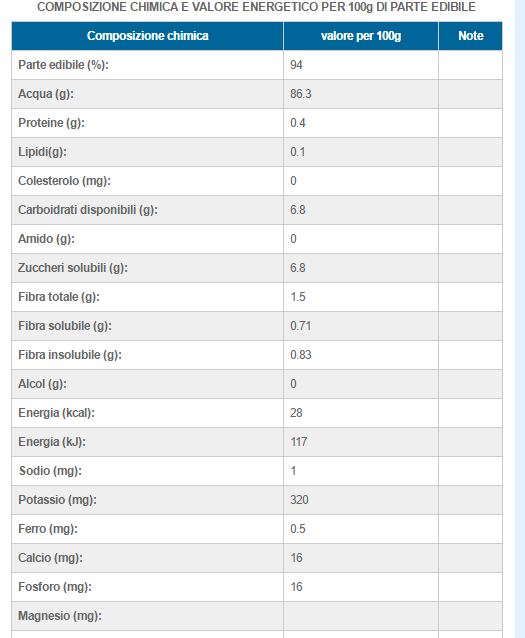
Apricots, calories
Apricots are a very light and low-calorie fruit since 100 grams of the edible part of these fresh fruits bring to our body only 28 calories.
Apricots, contraindications
Abundant consumption of apricots can have a laxative effect which, on the other hand, should not occur with normal and regular consumption, on the contrary, apricots in themselves, thanks to their fiber content, promote intestinal regularity.
As for the consumption of apricots, there are no serious side effects, except in the case of those who discover that they are allergic to these fruits. In fact some people may develop afood allergy with apricots.
We must then pay attention to cross allergies between fruit and pollen since those who are allergic to pollen from grasses and birch trees may experience symptoms of allergy with the food intake of apricots. Here more information.
Marta Albè
Read also:
APRICOTS: AN OASIS IN TUSCANY TO GROW AND REDISCOVER THE ANCIENT VARIETIES
THE WONDERFUL AND PERFUMED VALLEY OF THE APRICOT TREES IN BLOOM (PHOTO)
APRICOTS: HOW TO PREPARE SUGAR-FREE JAM







